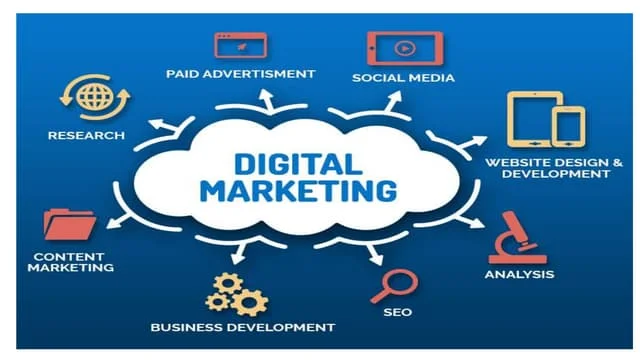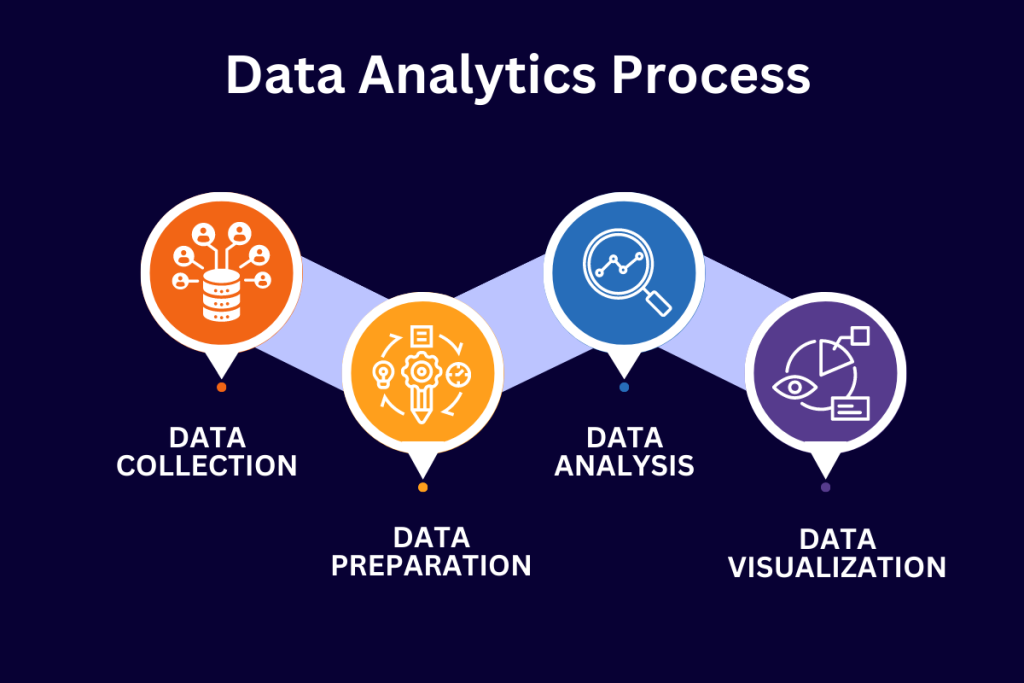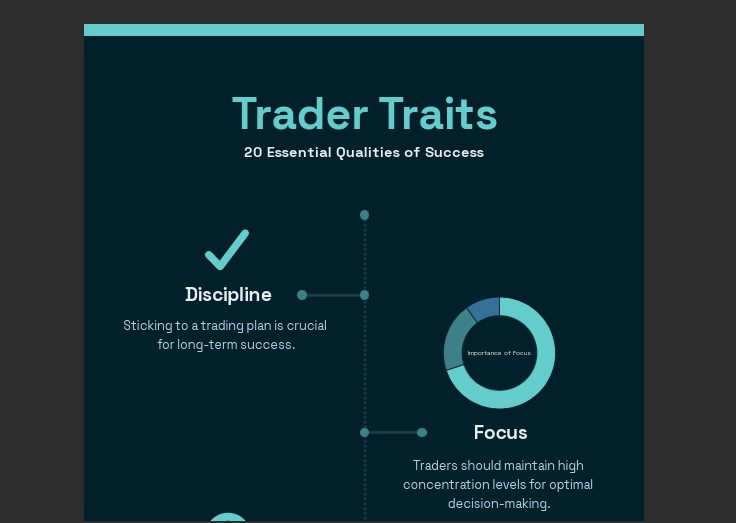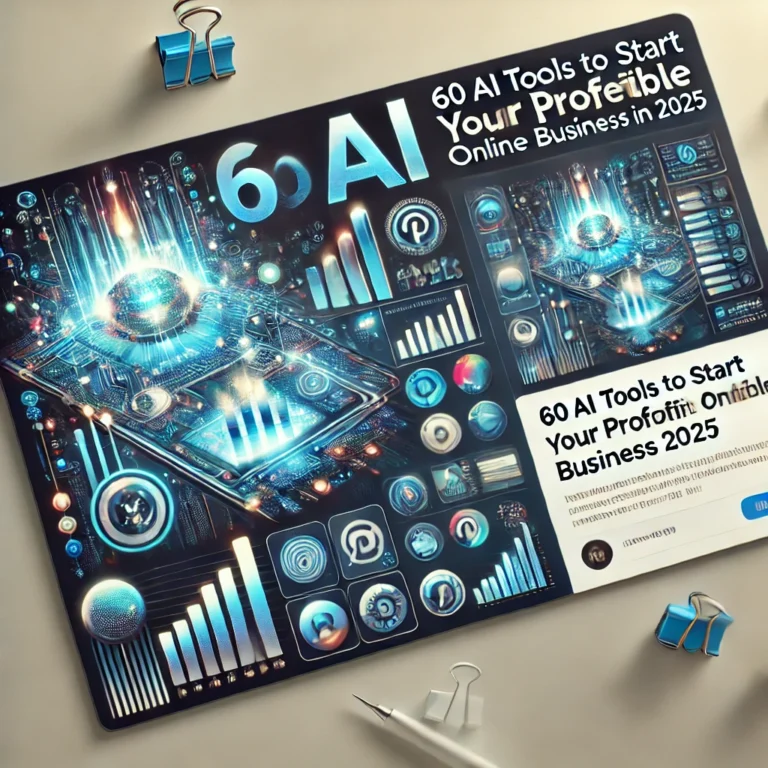INTRODUCTION:
As we step into 2025, the job market is undergoing a significant transformation. With technological advancements, shifting industry landscapes, and evolving workforce needs, it’s essential to stay ahead of the curve. In this article, we’ll explore the top 5 skills to target in 2025, setting you up for unparalleled career success.
1. AI and Machine Learning:

Understanding Artificial Intelligence (AI) and Machine Learning (ML) is essential in today’s tech-driven world. As AI continues to reshape industries, having skills in these areas is becoming increasingly important. Professionals who can harness AI and ML technologies are in high demand across various sectors. From creating chatbots that assist customers to using predictive analytics for business decisions, AI is changing how companies operate.
The Importance of AI and Machine Learning
AI and ML are not just buzzwords; they are transforming the way businesses function. According to recent forecasts, AI is expected to contribute approximately $15.7 trillion to the global economy by 2030. This growth indicates a pressing need for professionals skilled in these technologies.
Example:
Imagine a retail company using machine learning algorithms to analyze customer purchase patterns. This allows them to recommend products tailored to individual preferences, enhancing the shopping experience. For instance, if a customer frequently buys running shoes, the system might suggest related items like athletic wear or accessories.
Key Trends in AI and Machine Learning
As we approach 2025, several key trends are shaping the future of AI and ML:
- Generative AI: This technology is becoming more powerful and accessible, enabling the creation of new content, such as images or text, based on existing data.
- Edge AI: Processing data directly on devices instead of relying on cloud computing will lead to faster decision-making and improved privacy.
- Natural Language Processing (NLP): Advances in NLP will enhance how machines understand human language, making interactions more seamless.
- Autonomous Systems: Robots and drones will perform tasks that previously required human intervention, improving efficiency in sectors like logistics and healthcare.
- Explainable AI (XAI): As AI systems become more complex, there will be a growing demand for transparency in how decisions are made, helping users understand AI reasoning.
In summary, mastering AI and machine learning is no longer optional; it’s a necessity for career growth in 2025. With their ability to drive innovation and efficiency across industries, professionals skilled in these areas will be highly sought after.
Take Action
- Invest in Learning: Consider enrolling in online courses focused on AI and ML.
- Stay Informed: Follow industry news to keep up with the latest trends.
- Network: Connect with professionals in the field through platforms like LinkedIn.
- Showcase Your Skills: Update your resume to highlight your knowledge of AI and ML technologies.
Want To Know More About:
Building Your Own AI Agent: A Step-By-Step Guide.
100 Top AI Tools To Replace Your Tedious Work
60 AI Tools To Start Your Profitable Online Business In 2025.
2. Digital Marketing:

The rapid growth of social media and online shopping has created an immense demand for digital marketing experts. As businesses shift their focus to online platforms, they need professionals who can develop effective strategies to engage audiences and convert leads into sales.
Why Digital Marketing Matters
In today’s digital landscape, having a solid digital marketing strategy is crucial for success. With billions of people online, businesses can reach a global audience like never before. This shift means that companies are looking for skilled marketers who can navigate the complexities of digital platforms.
Key Skills in Digital Marketing
To thrive in this field, here are some essential skills you should develop:
- Content Creation:
- Creating engaging and relevant content is at the heart of digital marketing. This includes blog posts, social media updates, videos, and more.
- Example: A digital marketer might write a compelling blog post about the benefits of a new product to attract potential customers.
- Search Engine Optimization (SEO):
- SEO involves optimizing your website and content so that it ranks higher in search engine results. This increases visibility and drives organic traffic.
- Example: Using keywords effectively in your website content can help your business appear on the first page of Google when users search for related products.
- Social Media Management:
- Managing social media accounts is essential for engaging with customers and building brand loyalty. This includes creating posts, responding to comments, and analyzing performance metrics.
- Example: A marketer might run a campaign on Instagram showcasing a new product line while using targeted ads to reach potential customers based on their interests.
- Analytics:
- Understanding data analytics is crucial for measuring the success of your marketing campaigns. Tools like Google Analytics help track user behavior and campaign performance.
- Example: A marketer can analyze website traffic data to see which pages are most popular and adjust their strategy accordingly.
The Future of Digital Marketing
As we move towards 2025, several trends are shaping the future of digital marketing:
- AI Integration: Artificial intelligence is becoming a game-changer in digital marketing. From chatbots that provide customer support to algorithms that personalize user experiences, AI is enhancing how businesses interact with customers.
- Video Marketing: Short-form videos on platforms like TikTok and Instagram Reels are gaining popularity. Marketers need to create engaging video content to capture audience attention effectively.
- Data Privacy: With increasing concerns about data privacy, marketers must be transparent about how they collect and use customer data. Building trust will be essential for long-term success.
In summary, digital marketing is a vital skill set for anyone looking to succeed in today’s business environment. By mastering content creation, SEO, social media management, and analytics, you’ll position yourself as a valuable asset to any organization.
Take Action
- Invest in Learning: Consider taking online courses focused on digital marketing strategies.
- Stay Updated: Follow industry news to keep up with the latest trends.
- Network: Connect with professionals in the field through LinkedIn or industry events.
- Showcase Your Skills: Update your resume and LinkedIn profile with your digital marketing expertise.
3. Cybersecurity:

With the rapid advancement of technology, the rise of cyber threats has become a significant concern for businesses and individuals alike. The need for cybersecurity professionals has never been greater, especially as more organizations transition to remote work and cloud computing. These experts are essential for protecting sensitive data from various forms of cyberattacks.
Why Cybersecurity is Crucial
As our reliance on technology grows, so does the sophistication of cyber threats. Hackers are constantly finding new ways to exploit vulnerabilities in systems, making it imperative for businesses to have robust security measures in place. According to recent trends, organizations are increasingly focusing on cyber resilience, which means not just preventing attacks but also being prepared to recover quickly when they occur.
Key Skills in Cybersecurity
To succeed in this field, cybersecurity professionals need a diverse set of skills:
- Knowledge of Firewalls:
- Firewalls act as a barrier between trusted internal networks and untrusted external networks. Understanding how to configure and manage firewalls is crucial for protecting sensitive data.
- Encryption:
- Encryption is the process of converting data into a coded format that can only be read by authorized users. Professionals must know how to implement encryption methods to secure information.
- Intrusion Detection Systems (IDS):
- IDS are tools used to monitor network traffic for suspicious activity. Being able to analyze alerts from these systems helps in identifying potential breaches before they escalate.
- Risk Assessment:
- Conducting risk assessments involves identifying vulnerabilities within an organization’s infrastructure and determining the potential impact of various threats. This skill is essential for prioritizing security measures effectively.
Example:
A cybersecurity analyst might implement measures to protect a company’s network from ransomware attacks. This could involve setting up firewalls, configuring intrusion detection systems, and educating employees about safe practices online to ensure that sensitive data remains secure.
Trends in Cybersecurity for 2025
As we look ahead, several key trends are shaping the future of cybersecurity:
- Shift Towards Cyber Resilience: Organizations are moving from merely preventing attacks to ensuring they can recover quickly after an incident occurs. This includes developing strategies to maintain operations during a breach.
- Increased Focus on Cloud Security: With more businesses migrating their systems to the cloud, securing these environments has become critical. Companies must address vulnerabilities specific to cloud computing.
- Collaborative Security Approaches: As businesses become more interconnected through supply chains and partnerships, a single weak link can jeopardize the entire network. Companies are adopting collaborative strategies that extend security measures beyond their own operations.
- Passwordless Authentication: The trend towards eliminating passwords is gaining momentum as organizations seek to reduce phishing risks and enhance user experiences.
In summary, cybersecurity is an essential field that requires skilled professionals who can protect against evolving threats. With the increasing complexity of cyberattacks, mastering skills related to firewalls, encryption, intrusion detection, and risk assessment will be crucial for anyone looking to enter this industry.
Take Action
- Invest in Training: Consider enrolling in cybersecurity courses or certifications to build your knowledge.
- Stay Informed: Follow industry news and trends to keep up with the latest developments in cybersecurity.
- Network with Professionals: Join cybersecurity forums or groups on LinkedIn to connect with others in the field.
- Highlight Your Skills: Update your resume and LinkedIn profile with relevant cybersecurity expertise.
4. Data Analysis:

In our data-driven world, the ability to collect and interpret data is crucial for making informed decisions. Data analysis skills allow professionals to uncover insights that drive business growth.
- Key Skills: Statistical analysis, data visualization, and proficiency in tools like Excel or SQL.
- Example: A data analyst might examine sales data to identify trends over time, helping a company adjust its inventory strategy accordingly.
5. Soft Skills (Leadership, Communication):

While technical skills are important, soft skills like leadership and communication are vital in any workplace. These skills help build strong relationships and foster teamwork.
- Key Skills: Emotional intelligence, conflict resolution, and effective communication.
- Example: A project manager with strong leadership skills can motivate their team to meet deadlines while ensuring everyone feels valued and heard.
Conclusion
In 2025, mastering these top five skills—AI and Machine Learning, Digital Marketing, Cybersecurity, Data Analysis, and Soft Skills—will be key for career growth. Whether you’re looking to upskill or transition into a new role, focusing on these areas will make you a highly sought-after professional.
Take Action
To prepare for the future job market:
- Invest in Online Courses: Platforms like Coursera or Udemy offer courses in AI, digital marketing, cybersecurity, and more.
- Network with Professionals: Join industry groups on LinkedIn or attend webinars to connect with others in your field.
- Stay Updated: Follow industry news through blogs or podcasts to keep abreast of trends.
- Highlight Your Skills: Update your resume and LinkedIn profile with your new skills to attract potential employers.
Disclosure/Disclaimer:
This article contains affiliate links, supporting our educational and informative contents creation.
We appreciate supporting us to create more value and fascinating contents here on our site for educational purposes only.





